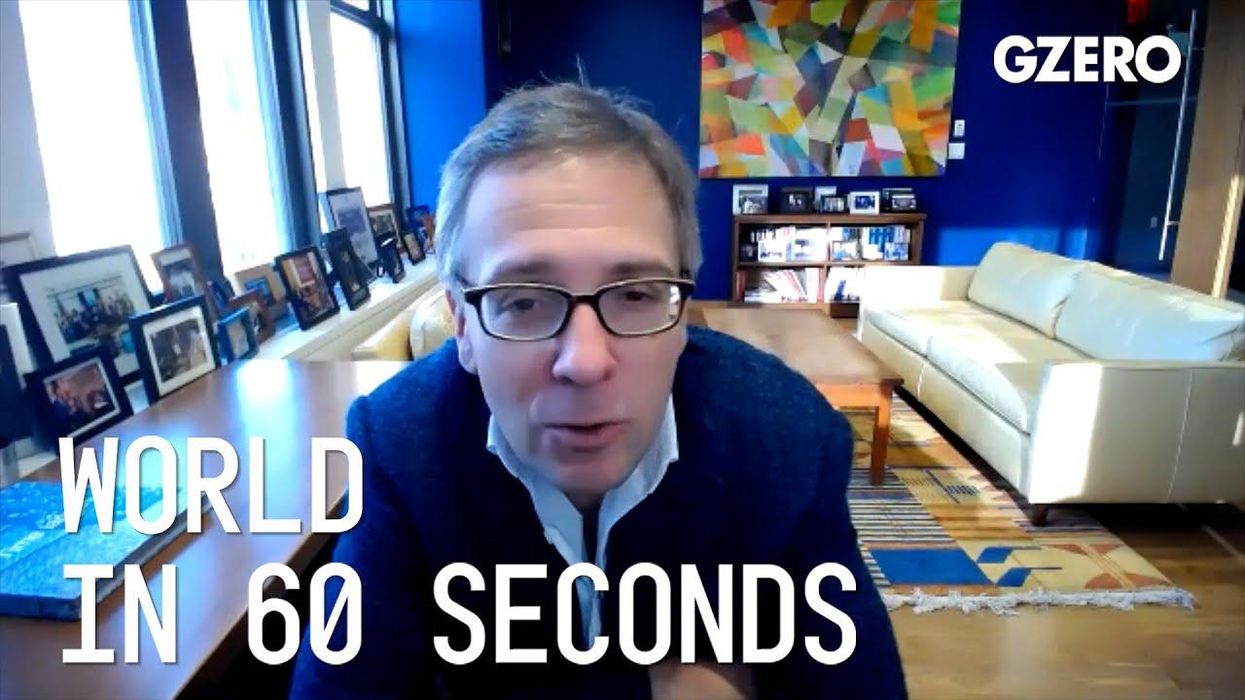ask ian
Uncertainties of COVID vaccine rollout timing; US-Russia under Biden
Ian Bremmer shares his perspective on global politics on this week's World In (More Than) 60 Seconds:
Number one, what will COVID vaccine distribution look like in the United States and elsewhere? What will the United States-Russia relationship look like under a Biden presidency? Okay, let's talk baseball. The Cleveland _____?
Dec 15, 2020

